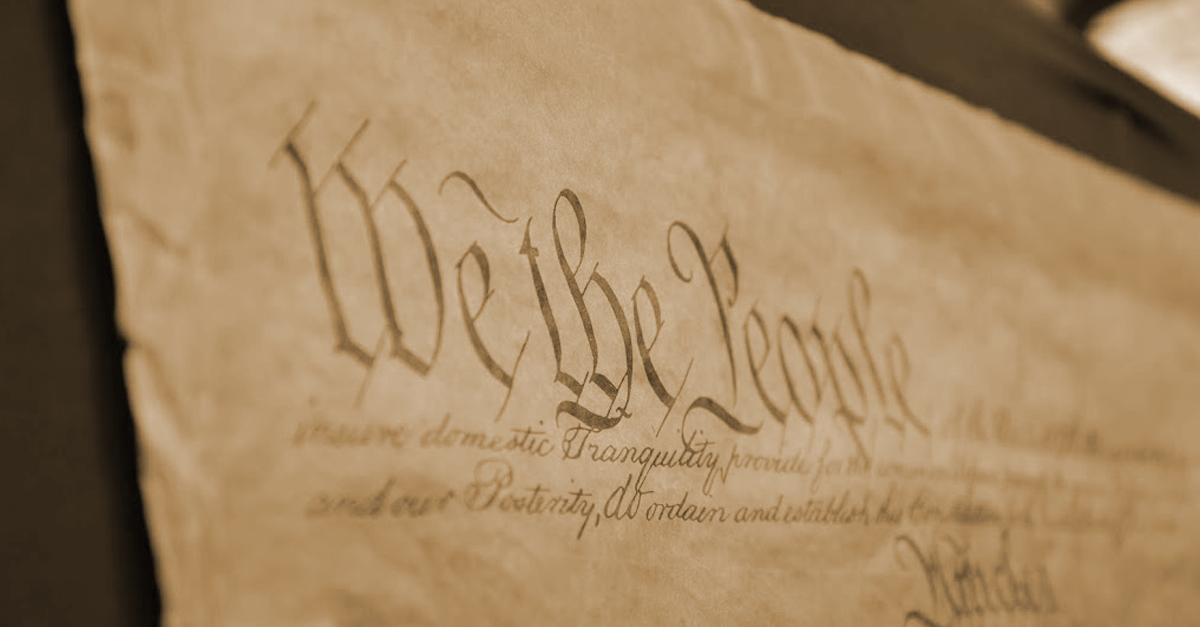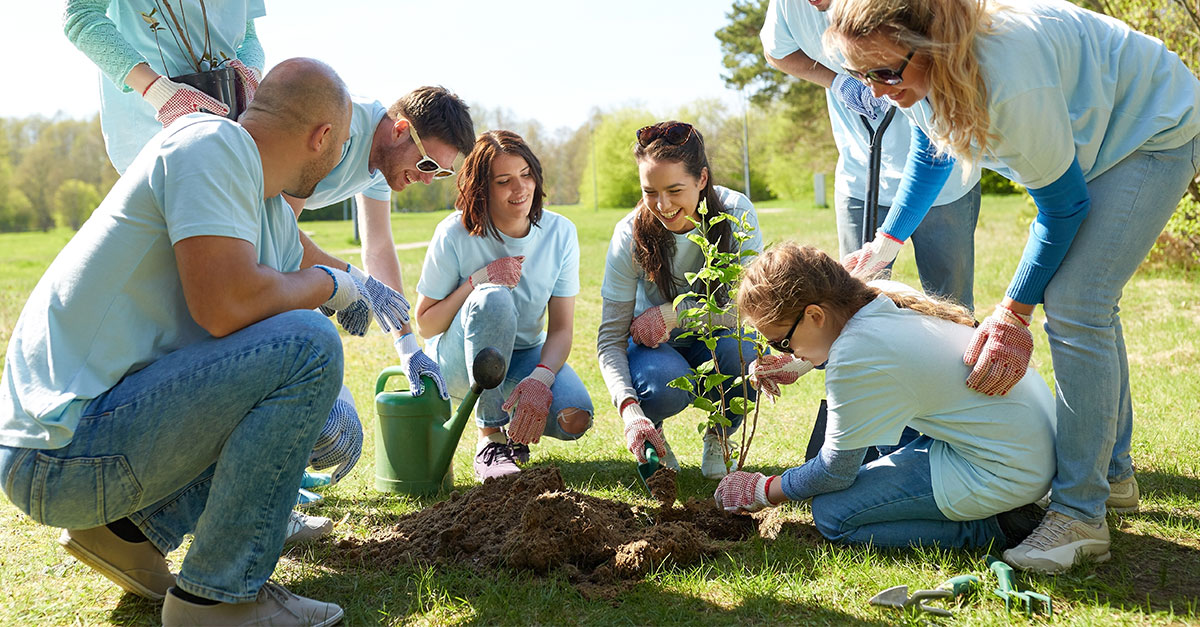
In the 2012 presidential election, only 57% of the eligible adult population voted. To put it another way, a little less than half of the adults in the United States didn’t vote to decide who should be the leader of our country. Of course, statistical research also shows that there is a large amount of people who only vote in presidential elections and not in local, state, and even federal congressional elections. One of the most common reasons cited for not voting is that people believe their voice doesn’t really matter anyway.
Your vote does matter, especially on the local level. It is true that one rarely changes the outcome of any election, especially a presidential election. One person choosing to vote or not vote doesn’t really have an effect on larger elections. It is also true, however, that if millions of people chose not to vote, that would have a huge effect on elections. The smaller the election and the lower the turnout, the greater the impact your vote can have. In 2013, 41.67% of contested primary elections in Lancaster County, Pennsylvania, for township supervisor or borough council were decided by 16 or fewer votes.
You should vote because every political issue and policy affects you. From local zoning decisions that affect the local businesses in your community to state laws on education to federal laws regarding health care and national security, you are directly and indirectly affected by the decisions that our elected leaders make. Thus, voting is a way of taking responsibility for present realities and also the future of the nation.
In addition to the effect that your vote has on shaping this country, voting also shows your children that you care about current events and the issues in your community. If your children see you voting, they’ll learn that civic engagement is important and they’ll be more likely to vote and be engaged themselves. One of the great side benefits of voting is that it forces you to actively think about politics and political issues; voting is a way to keep you connected and empowered — and this in turn helps your children learn to be connected and empowered as well.
We live in a country where each citizen has the right to “life, liberty, and the pursuit of happiness.” Along with those rights comes the responsibility to actively work to preserve and protect this democracy. By voting, you help shape the direction you want your government to take while teaching your children what it means to be an engaged citizen.
Part one of a four part series on civic engagement.
Part 1 – Why You Should Vote
Part 2 – Voting With My Parents
Part 3 – Obama, Millennials, and the 2008 Election
Part 4 – Tocqueville on Civic Life




Leave a Reply